Spain's bear population is growing, thanks to crucial conservation work.

At TENT, we believe that nature cannot be protected or valued unless it is enjoyed. For the past ten years, TENT has been supporting an outdoor education programme that provides meaningful outdoor learning experiences at Alladale Wilderness Reserve. Across the week, children from the Highland community learn valuable leadership skills while connecting with nature, each other and themselves.
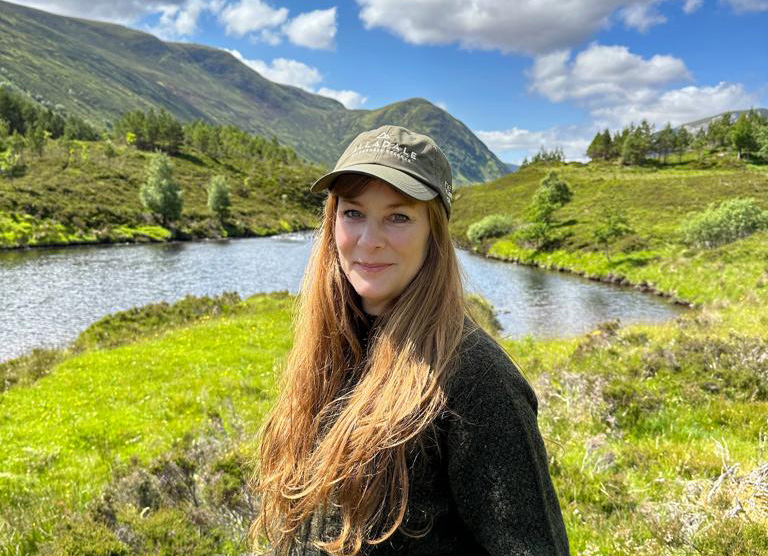
Outreach manager Kate Heightman joined the group of 12 from Dingwall Academy, one of five schools to participate in this year's HOWL education programme.
The HOWL programme is an immersive outdoor activity, personal development and environmental education course for teenagers that has been running at Alladale Wilderness Reserve, supported by the European Nature Trust (TENT), in its present form for the past ten years. Initially developed within this partnership with botaninst and arborist, Dr William (Billy) Bodles, and contract instructors Adelong Outdoor Education, HOWL became a registered Scottish charity in its own right in 2018. TENT provides funding to subsidise the programme and the charity has also received match funding this year from The Woodland Trust Scotland.
There is simply no better place to learn about ecology and nature restoration than Alladale Wilderness Reserve. More than one million native trees have been replanted here, in an effort to reforest a section of the lost 'Wood of Caledon', as the Romans called it.
New in my role as Outreach Manager with TENT when this year’s HOWL programme began, I was keen to get stuck in and find out exactly what it involved, so I decided to join the group from Dingwall Academy to gain first-hand experience of the course. I’m a former environmental science teacher and qualified mountain leader, so a chance to wild camp and explore Alladale’s landscape and wildlife, as well as helping reinforce important messages about conservation and nature restoration, was right up my street – or should I say strath! (Strath is a Scottish word for wide, open valley, as opposed to glen, a narrower, steep-sided valley.)
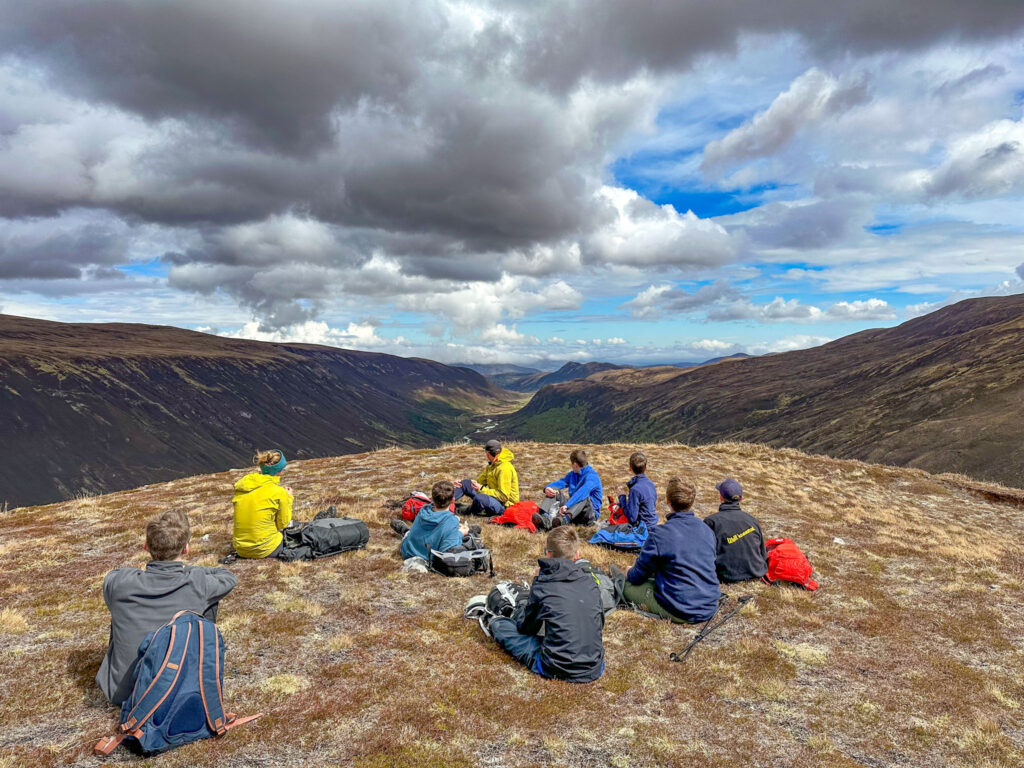
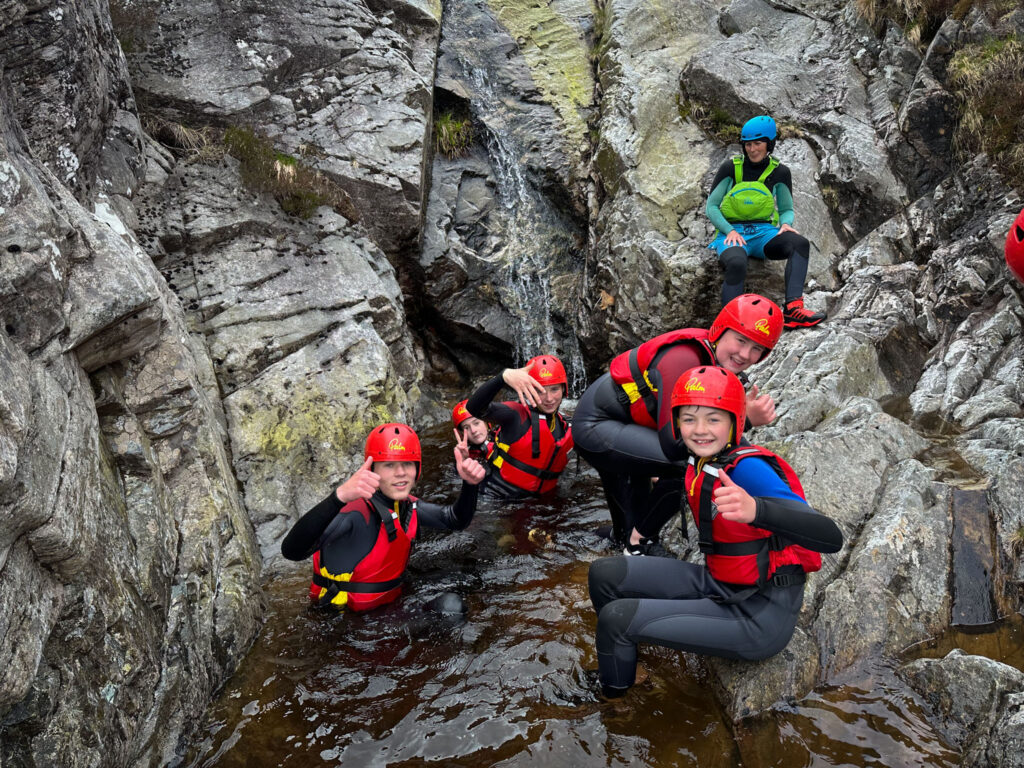
Students arrived at the entrance to the reserve and were quickly divided into three groups. More than a hundred children come to Alladale each year, so the total number who’ve benefitted from the experience is now in the thousands. I joined a diverse band of students, who each brought something to the group, be it a grounding in the countryside through family backgrounds in farming or fencing, and conversely an urban disconnect from nature, or special educational needs. One thing was certain – they would leave Alladale changed – both in terms of their understanding of the environment, and themselves.
I’ve long been a believer that spending time in the outdoors benefits our mental health and wellbeing, and it also provides opportunities to develop confidence and a sense of belonging, when we experience achievement by triumphing over difficulties. These challenges don’t need to be extreme, like bagging every munro in Scotland, they can depend on what is challenging for the individual, and when adversity is experienced by a group as a whole, that can lead to the development of bonds, trust and faith in each other. The HOWL programme provides ample opportunities for personal development, team-building and improvements in mood and outlook, even opening up young minds to possibilities they hadn’t considered before - giving them a future they can believe in.
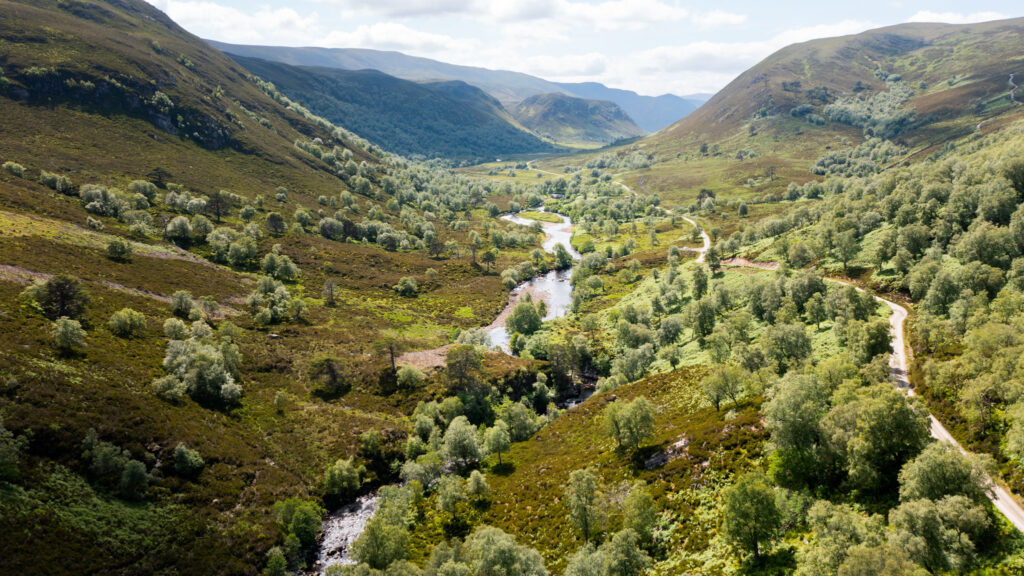
Team-work is required early on in the course as students are paired-up to erect tents, collect firewood and prepare a meal from the very first evening, all the while learning how to consider others’ needs and reduce their impact on their surroundings. Once camp is set up, they are coached in handling knives and storm kettles safely, how to coax fire from kindling and leave no trace of their activities behind.
Most members of the group I was with were reasonably extrovert and happily interacted with each other right from the get-go, but some took a little longer to adapt to the lifestyle and occasionally needed time out. The instructors are all trained youth workers, used to helping young people deal with stressful situations or personal issues. We were lucky with the weather that week, and it was warm enough to warrant a lot of water play in the river – free play, is something that is lacking in teenagers’ lives in the modern world of constant stimulation via information technology and social media. It has been shown to develop creativity and ingenuity - important skills for problem-solving and project management. Others were more driven to explore and discover the natural world around them, working with Billy to identify different species.
On the second day, we left the budding regenerating woodland, planted as part of Alladale’s nature restoration work, and continued our journey upstream through the majestic, but barren, unrestored scenery of Gleann Mor. Here we got kitted out with wetsuits, buoyancy aids and helmets for a gorge walk up a deep cleft in the side of the glen. With the afternoon sun perfectly positioned to light and warm us as we plunged, splashed and scrambled our ascent, this activity unanimously delighted all in our shared fun. There was scope for more education too, as this watercourse was one of many in Glen Beag intercepted by dams and redirected through hydroelectric turbines, raising questions about the impact of renewable energy generation on the aquatic ecology of this sensitive habitat.
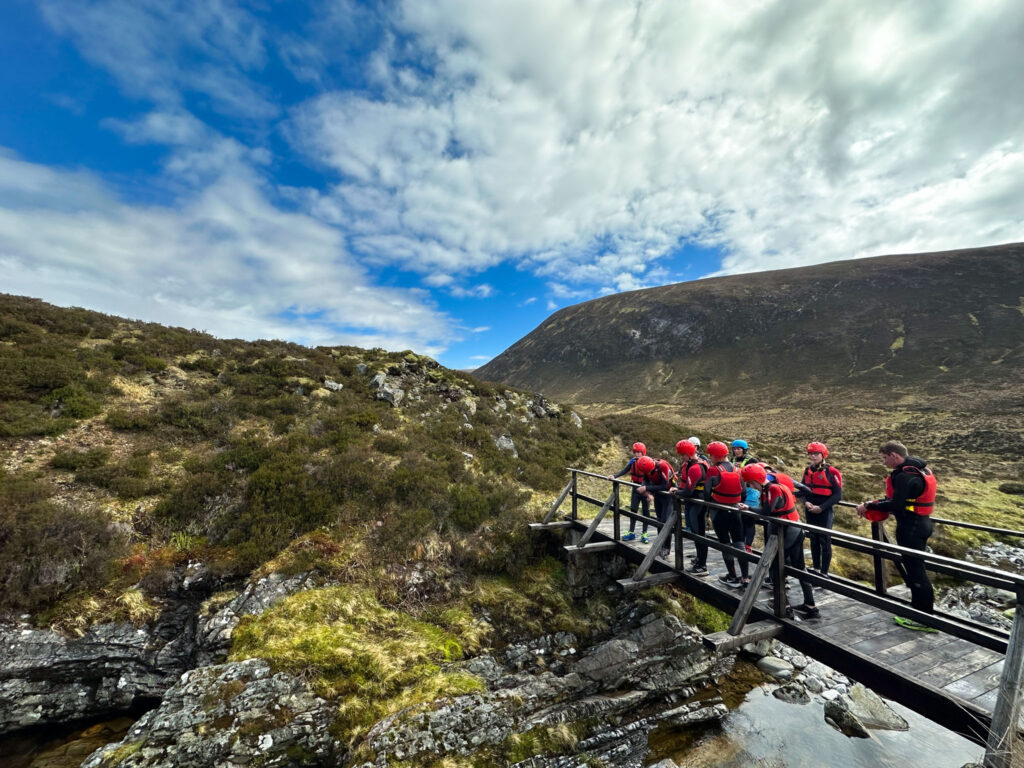
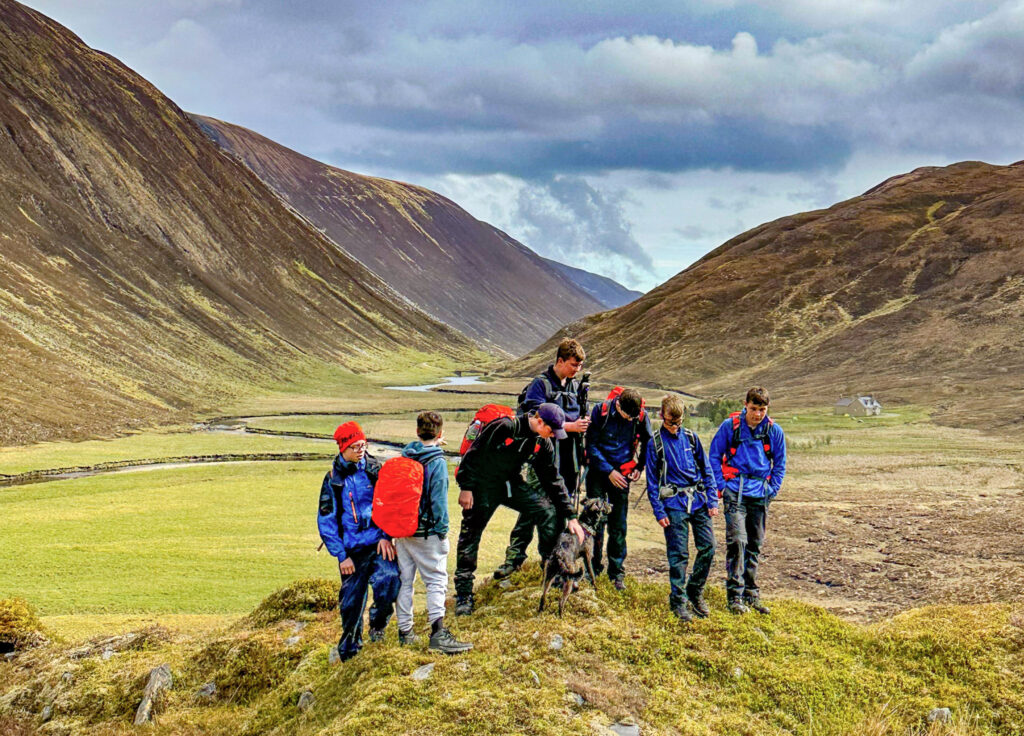
The good weather we enjoyed is not kind to all: a combination of deforestation and climate change is causing the increasingly extreme weather to have a devastating effect on one well known Scottish species – the salmon. The lack of shade coupled with erratic rainfall now more often results in temperatures in the rivers rising above the range of tolerance for the salmon, so they can experience thermal stress and even death. The solution is to restore vegetation cover to river catchments, which provides shade and shelter, and even adds nutrients in the form of dead leaves, to the ecosystem. Having learned the context of concerns about the salmon, HOWL participants more easily understood the need to return any caught by fly-fishers to the river. They took turns trying to improve their arc and flick of the line under Billy’s tutelage, but it was a little early in the season for a catch. More success was had on the archery field however, with everyone able to hit at least part of the target!
The next day we set off ‘over the top’ – the start of our return journey to civilization. The hike took us up the hill behind Deanich, where we discovered common frogs hiding among sub-artic montane habitats of heathers, grasses, mosses and lichens, and on bare ground we saw common lizards and green tiger beetles. I took the chance to explain in depth the importance of the peat beneath our feet in drawing down carbon from the atmosphere, reducing the rate of climate change. Scotland is globally important for peatland, with the Flow Country of Sutherland under consideration for World Heritage Site status, but 80% of the fragile and slow-forming peat is degraded due to drainage, overgrazing and vegetation loss. The Scottish government is investing in nature-based solutions to achieving carbon net-zero and provides funding for peatland restoration.
The European Nature Trust has plans to support peatland restoration work; we are also supporting the recovery of native woodland on the five key rivers of the Kyle of Sutherland catchment.
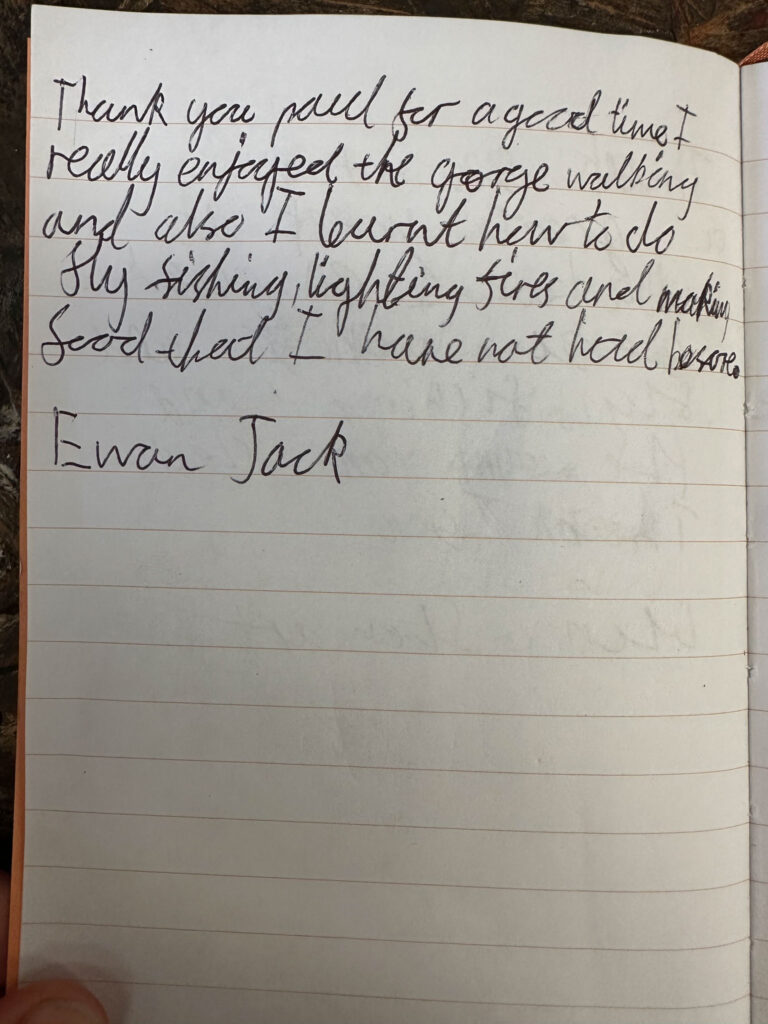
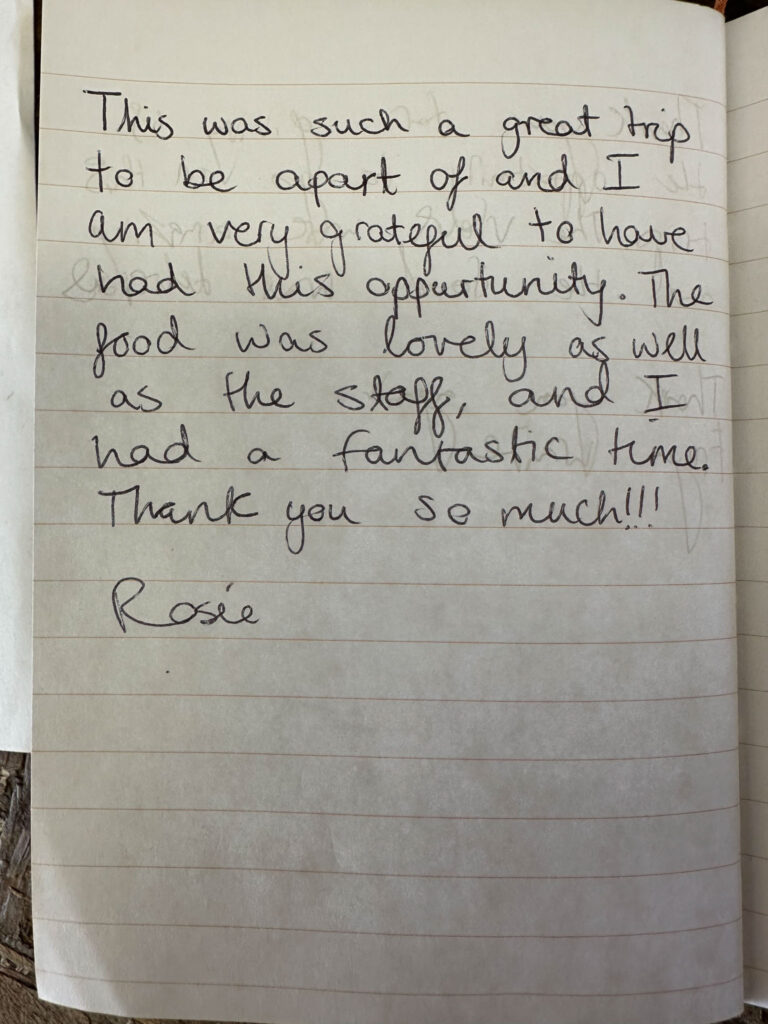
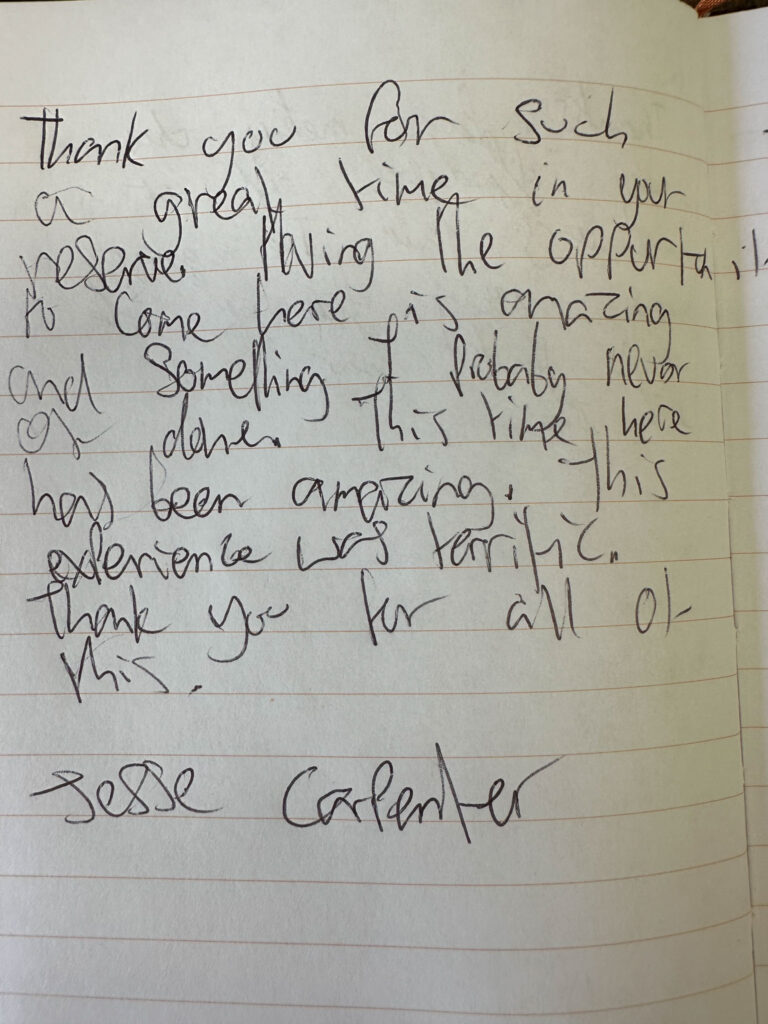
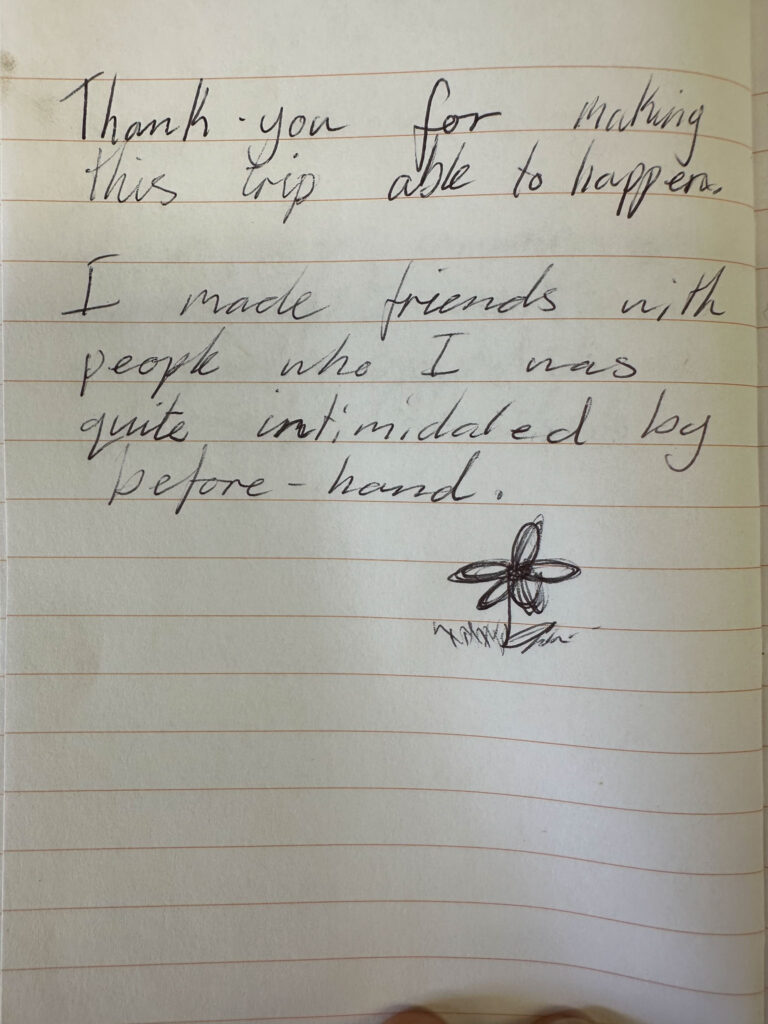
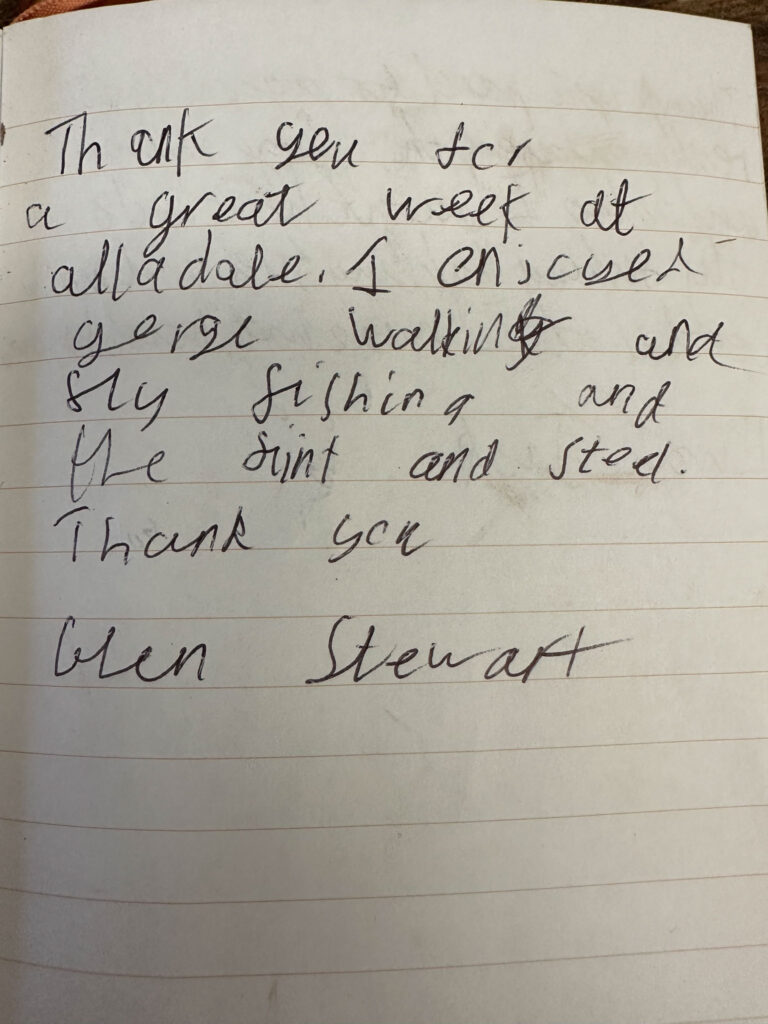
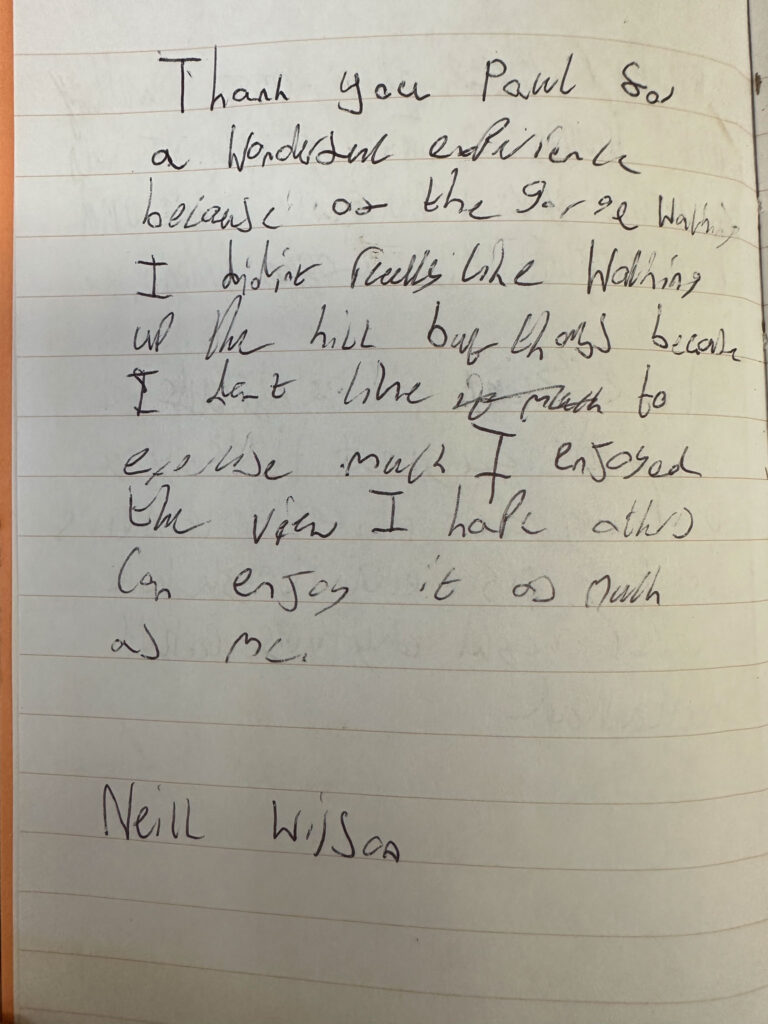
When the time came for them to leave, it struck me that participants in this year’s HOWL programme may well be directly involved in future nature restoration projects as the sector expands. There will be many opportunities for careers in peatland restoration, ecosystem services management, carbon baseline surveys, carbon trading and nature capital, as well as wildlife conservation and translocation of lost species, such as beavers and wildcats. In addition, there will be jobs created in linked industries like eco-tourism, hospitality and catering, farming, timber production, deer management and contracting, all of which can be made more sustainable by working with nature as a ‘business partner’. The young people who have come to Alladale and experienced the possibilities provided by a thriving wilderness reserve, where the fruits of individual effort reward everyone through an improved quality of life, will go home with minds full of everything they have seen and done, feeling more positive about their abilities and their futures. I hope to continue to support their learning journeys by linking education and qualification providers with the work of the European Nature Trust, developing the Willow Centre at Alladale and assisting a just transition to a nature-based economy and livelihoods in the Highlands.
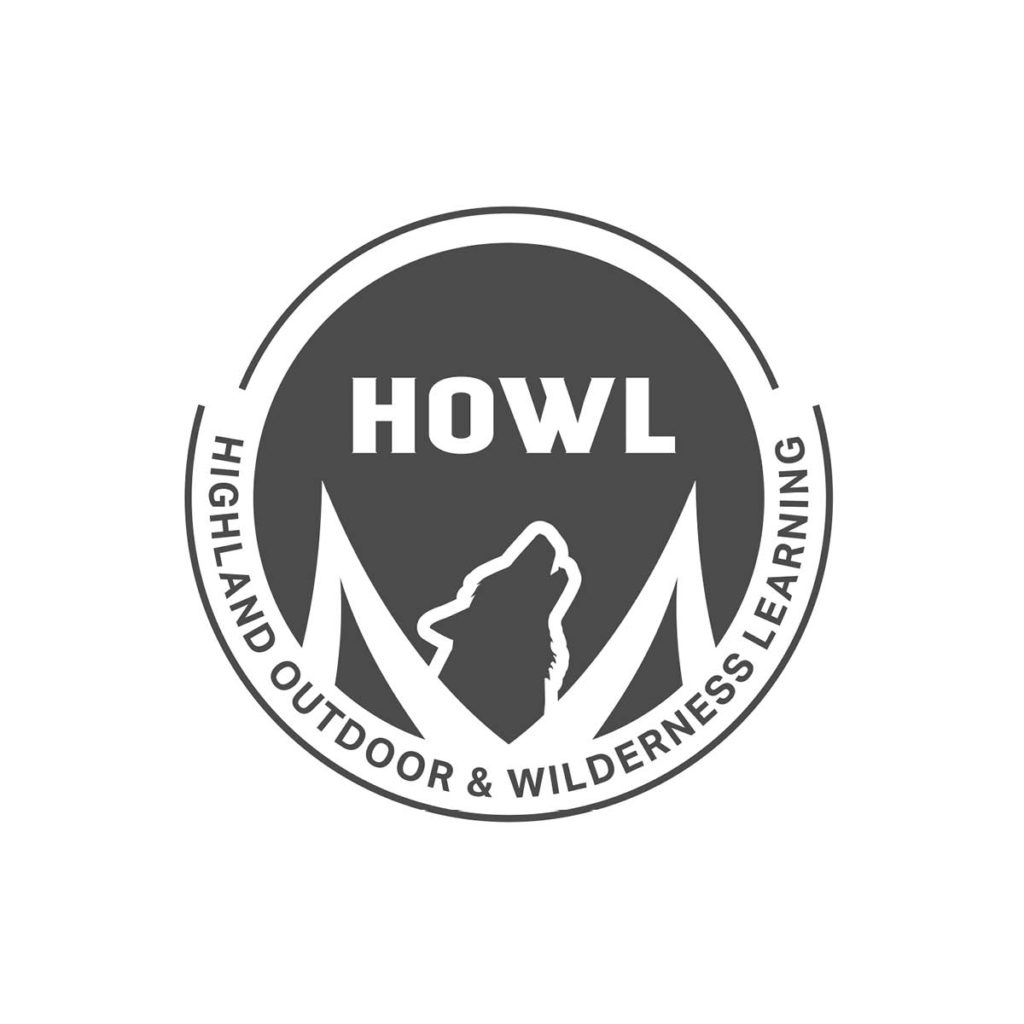
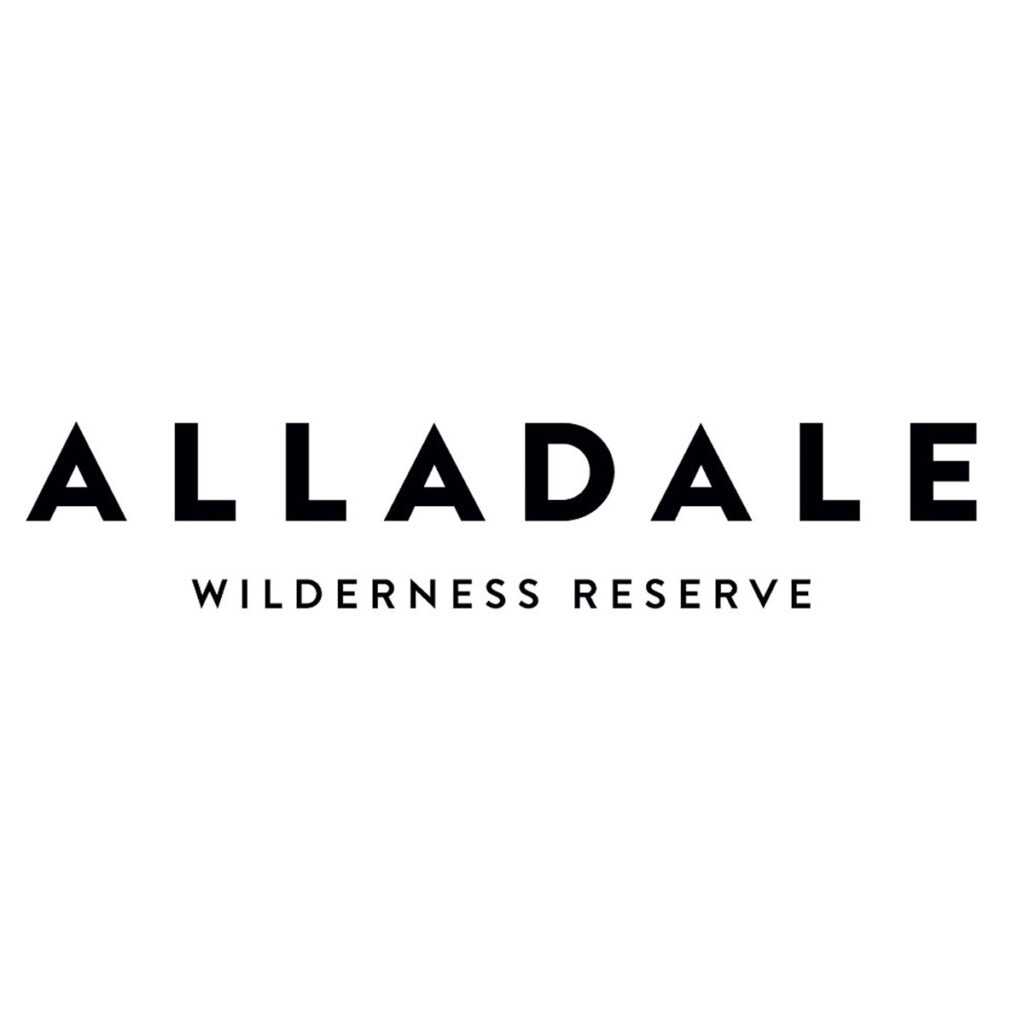
Spain's bear population is growing, thanks to crucial conservation work.
Through the FIRNS initiative, TENT is working on a new blueprint for investment into nature recovery.
An amazing attendance at the RGS to celebrate Belizean conservation!

